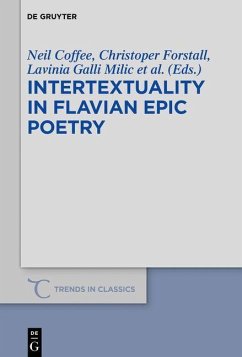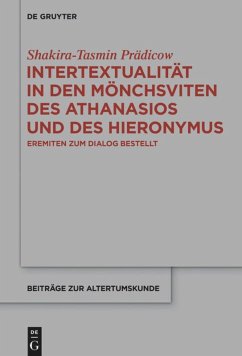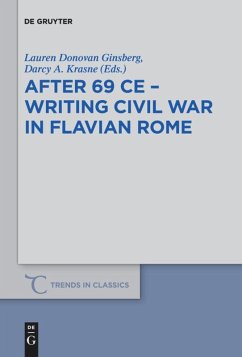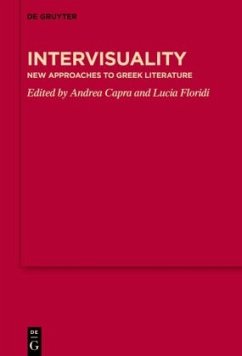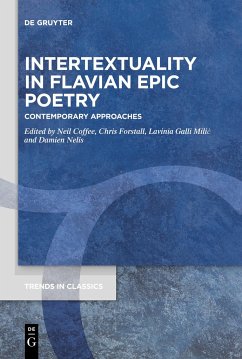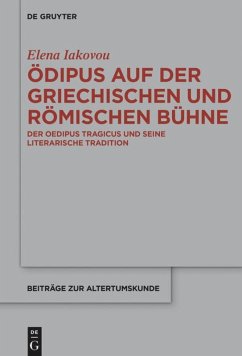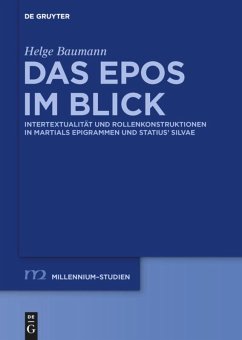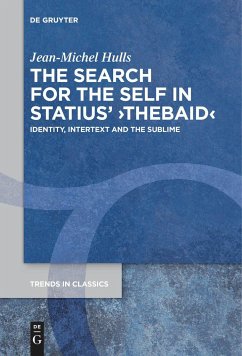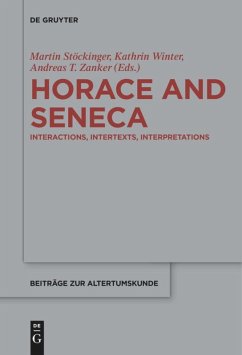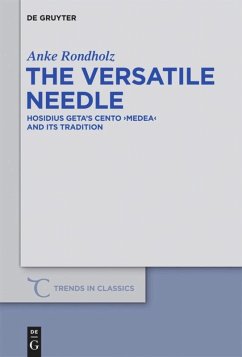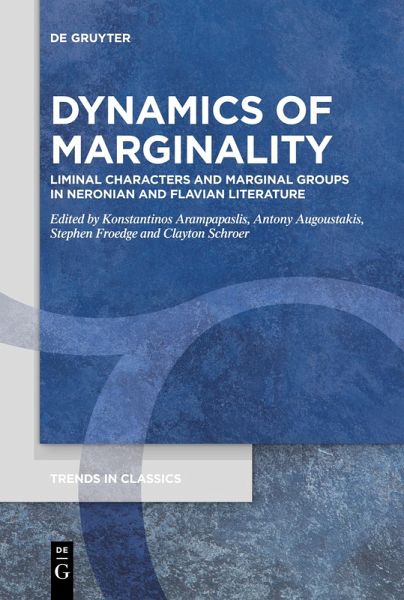
Dynamics Of Marginality
Liminal Characters and Marginal Groups in Neronian and Flavian Literature
Herausgegeben: Arampapaslis, Konstantinos; Augoustakis, Antony; Froedge, Stephen; Schroer, Clayton
Versandkostenfrei!
Versandfertig in 6-10 Tagen
11,99 €
inkl. MwSt.

PAYBACK Punkte
6 °P sammeln!
This volume explores the theme of marginality in the literature and history of the Neronian and Flavian periods. As a concept of modern criticism, the term marginality has been applied to the connection between the uprooted experience of immigrant communities and the subsequent diasporas these groups formed in their new homes. The concept also covers individuals or groups who were barred from access to resources and equal opportunities based on their deviation from a "normal" or dominant culture or ideology. From a literary vantage point, we are interested in the voices of "marginal," or under...
This volume explores the theme of marginality in the literature and history of the Neronian and Flavian periods. As a concept of modern criticism, the term marginality has been applied to the connection between the uprooted experience of immigrant communities and the subsequent diasporas these groups formed in their new homes. The concept also covers individuals or groups who were barred from access to resources and equal opportunities based on their deviation from a "normal" or dominant culture or ideology. From a literary vantage point, we are interested in the voices of "marginal," or underappreciated authors and critical voices. The distinction between marginalia and "the" text is often nebulous, with marginal comments making their way into the paradosis and being regarded, in modern criticism, as important sources of information in their own right. The analysis of relevant passages from various authors including Lucan, Petronius, Persius, Philo of Alexandria, Pliny the Elder, Silius Italicus, and Statius, as well as the Moretum of the Appendix Vergiliana is vital for our understanding of the treatment of marginalized people in various literary genres in relation to each one's different purposes.



